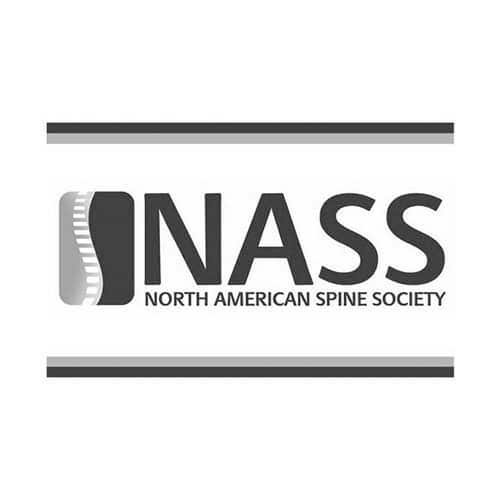How Improving Sleep Routine Reduces Pain
While everyone struggles from time to time getting a good night’s rest, becoming chronically sleep-deprived can negatively affect your health. Besides increasing your chances of having a heart attack or a stroke, being chronically sleep deprived can actually raise inflammation markers in the body and aggravate chronic pain-causing conditions. At Macomb Pain Management, we are here to provide all of our patients with the tools and knowledge they need to manage their pain levels. In this article, we will explore the connection between sleep deprivation and inflammation and its implications for chronic pain patients.
The Link Between Sleep and Pain
Many studies show that poor sleep and pain are connected, making sleep deprivation one of the most common triggers of increased pain. When we fail to get enough sleep, our body’s inflammatory markers increase, and pain thresholds lower. This means that a lack of sleep can increase your existing pain levels and decrease your resilience to pain. Oftentimes, pain can keep you awake at night as well, which creates a vicious cycle of increased pain levels and reduced rest. Learning to fall asleep and stay asleep at night is a crucial tool for pain management and one of the best ways to naturally minimize pain-causing inflammation in the body.
Nighttime Habits to Reduce Pain and Improve Rest
While sleep is crucial for pain management, falling asleep can be challenging when you are in pain. Good sleep hygiene can help you build a solid sleep routine. We recommend sticking to a regular sleep schedule, going to bed, and waking up at the same time every day. Sticking to a regular sleep schedule that works with your body’s circadian rhythm will make it easier to fall asleep and wake up feeling more rested. Your bedroom should be calm, comfortable, and quiet, with no distractions like a TV or scrolling on your phone. Try incorporating relaxation exercises like meditation or light reading instead of scrolling on your phone or watching TV. Temperature therapy, like a warming pad applied to painful areas, can also help you to fall asleep. If you use temperature therapy, ensure your device has an auto turn-off feature.
Daytime Habits That Support Better Sleep and Less Pain
What you do when awake during the day is vital to how well you can sleep at the end of the day. We recommend that patients engage in some gentle physical activity every day, as exercise can relieve pain and make it easier to fall asleep at the end of the day. Spending time outside in natural light can also help reinforce your circadian rhythm. We also recommend that patients eat a healthy diet full of anti-inflammatory foods like:
- Berries
- Leafy greens
- Avocados
- Legumes
- Fatty fish
- Whole grains
Hydration is also crucial, with the average adult needing between 12 and 15 cups of water daily. Taking these steps during the day can reduce inflammation and chronic pain and make it much easier to fall asleep at night.
Get Help With Chronic Pain and Better Sleep at Macomb Pain Management
At Macomb Pain Management, we work alongside our patients to develop effective pain relief plans that incorporate the benefits of sleep. If you struggle to fall asleep at night from pain, contact our team today at (248) 844-8281 to learn how we can help you manage your pain levels and get a good night’s rest.






